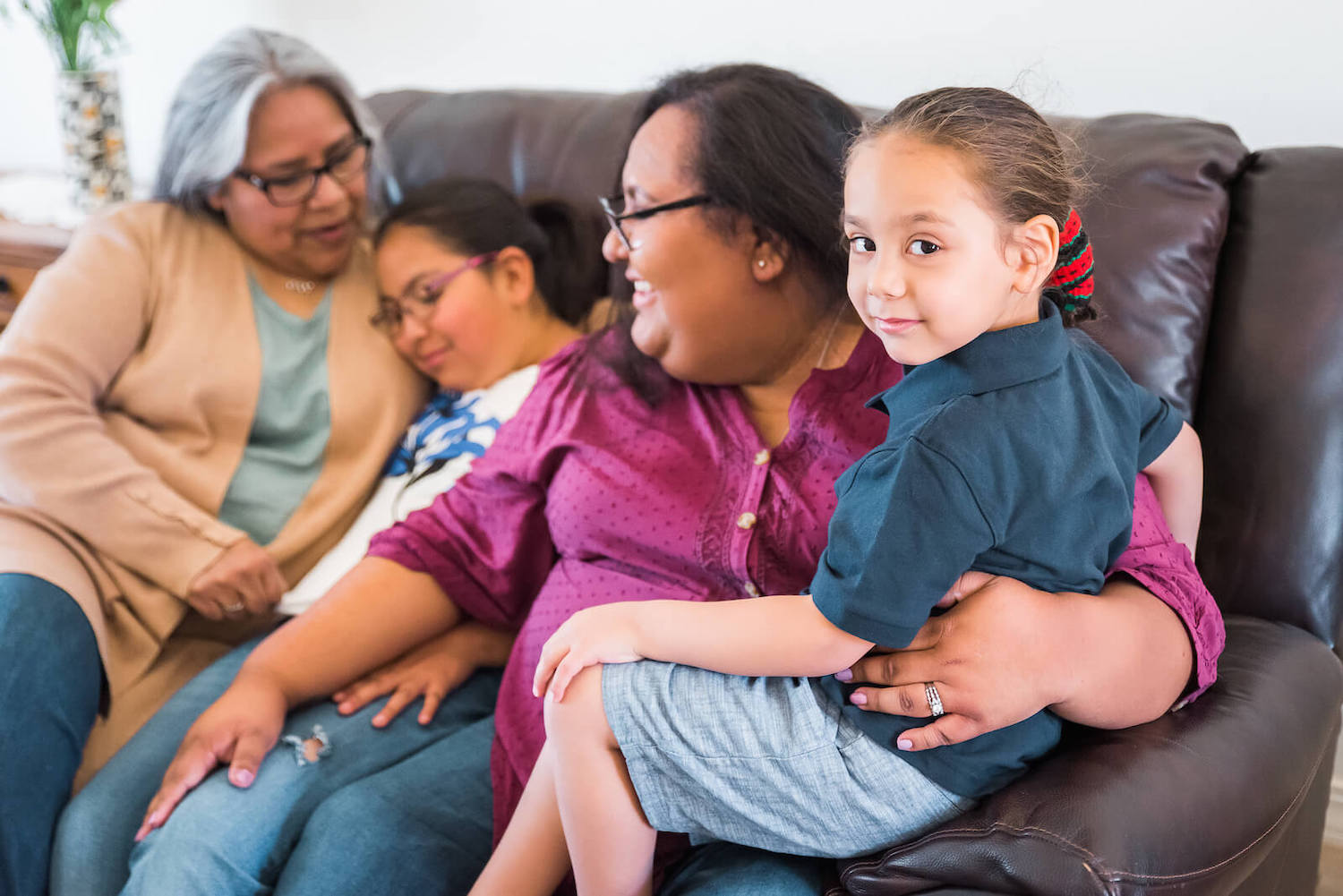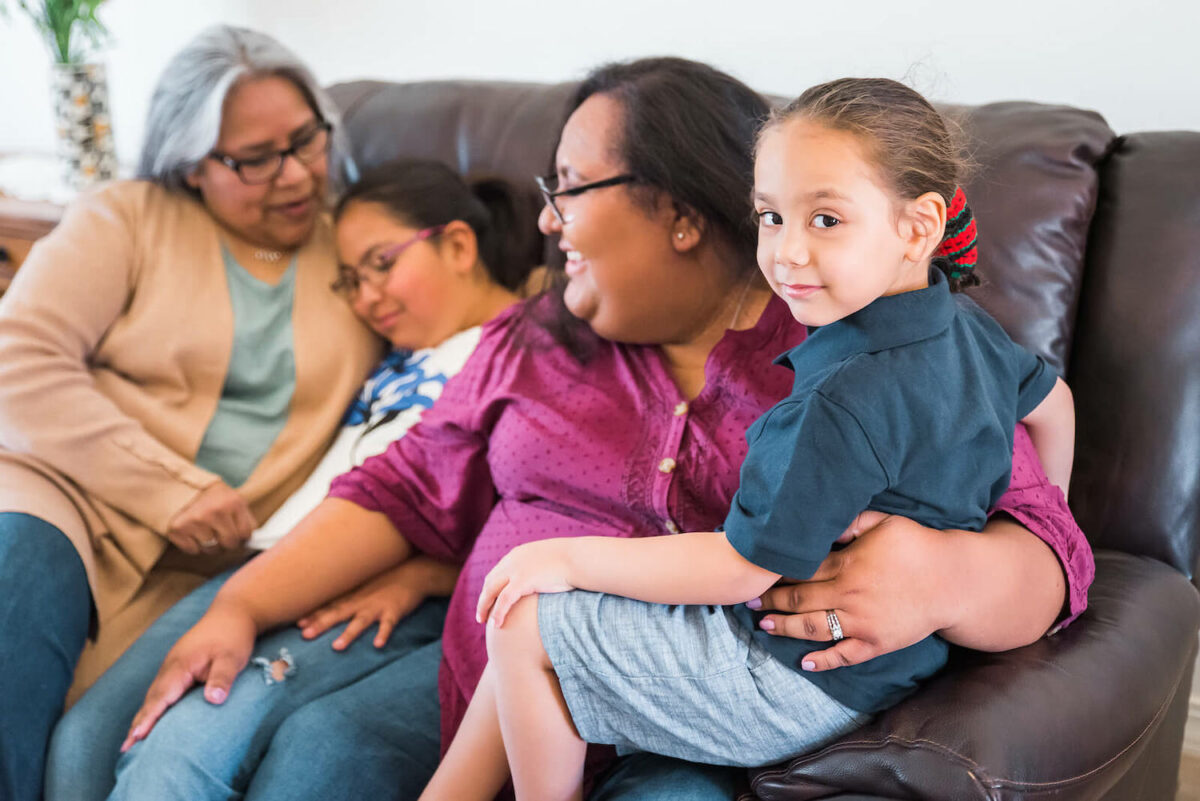
Need Help Building Your Young Child’s Confidence?
You know that your little ones are wonderful. You know it, deep down, even at 2 a.m. when they start crying for the third time in two hours. You know it when your preschooler spills an entire gallon of milk on your carpet. And you even know it when your toddler flees across the grocery store and you have to run after them in your work shoes.
Part of building young children’s healthy concept of themselves is making sure they know they are wonderful, too. Just like adults, young children can doubt themselves, can be hard on themselves for making mistakes, and sometimes say things like “I don’t like myself,” or “I’m bad.”
It can be painful to hear your child say these things, especially if you have struggled with self-confidence yourself. But don’t worry! There are strategies you can use to build healthy confidence and self-esteem in young children. Plus, you don’t have to do it alone. New Mexico offers free home visiting for any family with a little one from pregnancy to age 5. Home visitors are experts in young children, who will come to your home or visit you by video call to offer support, expert advice, and a non-judgmental ear. And it’s free! Search for a home visiting program near you here.
In the meantime, here are a few key steps you can take to build your child’s self-esteem and confidence:
Security and Belonging
Young children will have more confidence if they feel secure in their families and communities. That means making sure they know they are loved no matter what. Even when your child has done something more serious like biting or hitting, make sure to let them know you still love them and that you will help them learn to do better next time. Many free home visiting programs in New Mexico use a program called Circle of Security, which is all about helping families build these habits and ways of being together.
Meaningful Tasks
Doing things that help your family or community builds confidence and a sense of self-worth. Although toddlers are not very good at chores at first, they can learn over time! This learning helps them feel good about mastering new skills and contributing to the family, especially if they have a chance to work independently toward a goal. See our whole post about the benefits of chores, with recommendations for chores at every age. As your child masters new tasks and jobs, sincerely encourage their effort. Kids can sense it if your praise is false (If they scribble you a stick figure, don’t gush about how it’s the best drawing you’ve ever seen), but praise their hard work and effort. You could say, “I see how hard you worked to fold that shirt, and I’m really impressed by how much you’ve learned!”
Build Family Identity
A young child’s sense of their own identity and worth is based strongly in their family. That means pride in your family’s culture and identity is part of your child’s pride in themselves. Sharing cultural celebrations and holidays, speaking in heritage languages, connecting with extended families, or even tracing your family tree can all be ways to build your child’s sense of pride and belonging in the family. As part of this, you can build family “rules” about how you treat each other in the family, like sticking up for and trusting each other.
Click here for a list of expert strategies for building self-esteem and confidence. And, if you’re having any trouble with your own sense of self-worth or with feeling connected to your child, there are resources available.


